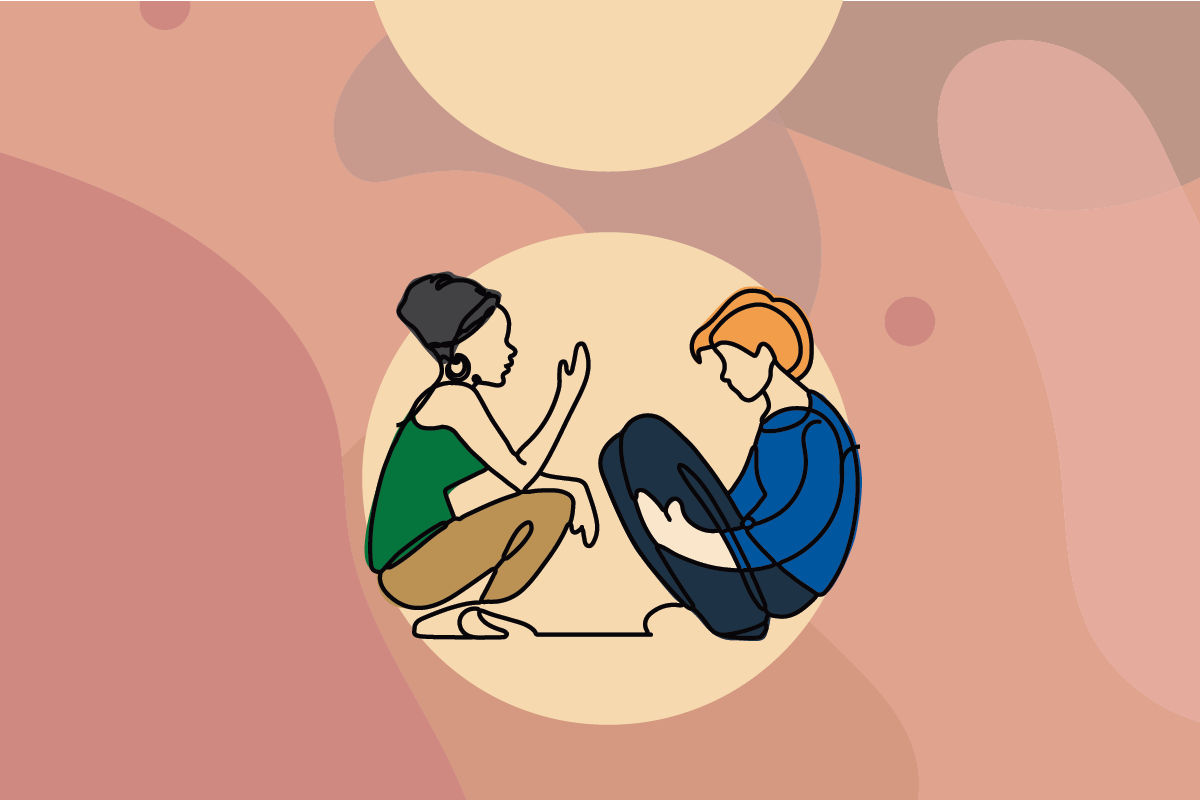When systems designed to protect do harm
What comes to mind when you think about the child protection or youth justice system? Protection and safeguarding? Rehabilitation? Trauma-informed care? These two complex and often interacting systems are intended to keep children, young people,...


































